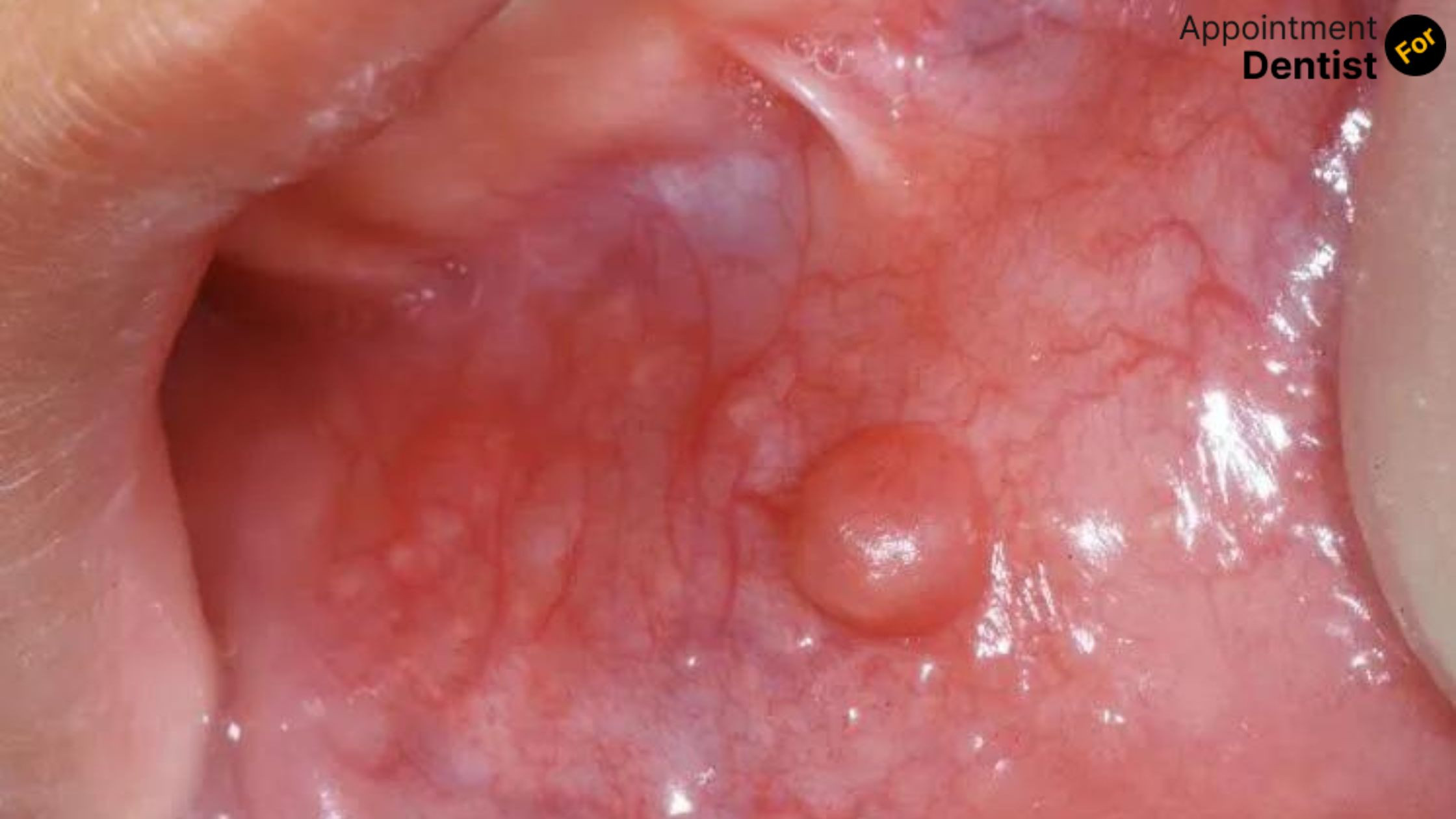Understanding and Managing Oral Mucocele
Posted on August 05, 2024 by Admin

Understanding and Managing Oral Mucocele
Oral mucocele is a somewhat common entity characterized by fluid-filled cysts taking place in the mouth, mostly due to trauma or irritation of the salivary apparatus. Oral mucoceles are usually harmless, but they can be painful. The painfulness increases, especially with normal daily activities like eating and speaking. Thus, the cause, symptoms, and treatment of oral mucocele should be known to manage it properly
What is Oral Mucocele?
An oral mucocele is a benign cyst resulting from blockage or rupture of the salivary gland duct and characterised by mucous accumulation. The common locations of these cysts include the lower lip, tongue, and the floor of the mouth. Oral mucoceles are usually a few millimetres to some centimetres in diameter and may or may not be soft to the touch.
Causes of Oral Mucocele:
Trauma to the salivary glands or ducts is the major cause of oral mucocele. This may be due to:
- Lip biting: Habitual biting on the lower lip may irritate the underlying salivary glands and hence result in a mucocele.
- Dental procedures: Many surgical procedures or other dental works lacerate salivary glands and often result in a mucocele.
- Irritation from braces or dentures: Trauma to the mucosa by the dental appliances causes friction and irritation, resulting in oral mucoceles.
- Underlying health conditions: Conditions such as Sjogren's syndrome, which alter salivary flow, increase the risk for the development of mucoceles.

Symptoms of Oral Mucocele
Common symptoms of oral mucoceles include the following -:-
- A soft painless swelling in the mouth
- Bluish or translucent in colour
- Pain or annoyance during eating and speaking
- Difficulty in swallowing if the mucocele is large
Although oral mucoceles are normally asymptomatic, they occasionally become infected, increasing their pain and swelling.
Diagnosis of Oral Mucocele
In most cases, a dentist or an oral healthcare professional identifies an oral mucocele just by simple examination. Imaging studies like ultrasound or even an MRI might be suggested in some cases to rule out other conditions. This is for differential diagnosis of oral mucoceles from other oral lesions, cysts, or even tumors, thereby permitting appropriate treatment.
Also Read: Things You Should Know About Dental Insurance
Treatment for Oral Mucocele
Treatment modalities for oral mucocele depend on the size and symptoms of the cyst. Here are the common approaches:
- Observation: If the mucocele is small in size and is not causing significant discomfort, then watchful waiting is recommended by the dentist. Many mucoceles resolve without any treatment.
- Surgical excision: Large, painful, or recurring mucoceles require surgical excision. This process involves removing the mucocele and the duct of the affected salivary gland so as to prevent recurrent mucocele formation.
- Drainage: The dentist may choose to drain the mucocele for alleviation of discomfort, but it generally is a transient phase and reformative.
- Management of underlying conditions: In those cases where the mucocele is related to some health problem, like Sjögren's syndrome, then the treatment of that particular problem may help in some manner with the reduction in recurrence of mucoceles.
Prevention of Oral Mucocele
Though it is impossible to prevent oral mucocele totally, there are certain steps you can take that will reduce the risk:
- Avoid lip biting:This is one of the most preventive measures taken against the formation of mucoceles and involves being observant of bitten habits or those that are even irritating to the lips as, in actions such as these, trauma and hence mucoceles might result.
- Good oral hygiene: The cleanliness of the mouth by daily brushing and flossing may help to keep infections at a low level, thus reducing the occurrence of mucoceles.
- Precautions in the use of dental appliances: If you wear braces or dentures, it should fit well without traumatizing the tissues inside your mouth.
- Keeping yourself well-hydrated: Enough intake of water will aid in producing saliva, very crucial for oral health.
Must Read: 7 Mistakes to Avoid When Choosing a Dental Plan
Conclusion
Diagnosis and management of oral mucocele are very important in maintaining oral health and comfort. The causes, signs, and symptoms of oral mucoceles and their various treatment processes may be recognized to enable one to take charge of overcoming this problem. If any signs are observed for oral mucocele, one has to visit a dentist for its correct evaluation and management. Oral mucoceles can be easily taken care of to have a healthy and pain-free life.
Faqs
-
1. Are oral mucoceles contagious?
No, oral mucoceles are not infectious. These are benign cysts formed due to trauma or irritation to the salivary glands.
-
2. Will the oral mucoceles heal by themselves?
Yes, most oral mucoceles heal themselves without any treatment, especially when they are small and asymptomatic.
-
3. What should I do if my mucocele becomes painful?
In case of a painful oral mucocele or seemingly infected, you should seek your dentist for possible treatment.
-
4. Can oral mucoceles be prevented?
While cases cannot always be prevented, avoiding trauma to the lips by biting or sucking on the lips, good oral hygiene and adjustment of dental appliances may help reduce their appearance.
-
5. Will the oral mucocele affect my general health?
Oral mucoceles are harmless and do not affect one's general health. Those that cause discomfort or keep recurring may need professional advice.
Recent Post
- The Importance of Oral Health Education for Children
- How to Choose the Right Orthodontic Treatment for Adults
- The Link Between Oral Health and Stroke Risk
- How to Address and Prevent Gum Recession
- Innovations in Dental Anesthesia: Pain-Free Procedures
- The Role of Saliva in Oral Health: Functions and Disorders
- Exploring Holistic Dentistry: What You Need to Know
- How Oral Health Affects Your Immune System
- The Benefits of Using Dental Probiotics
- Oral Health and Pregnancy: Myths and Facts